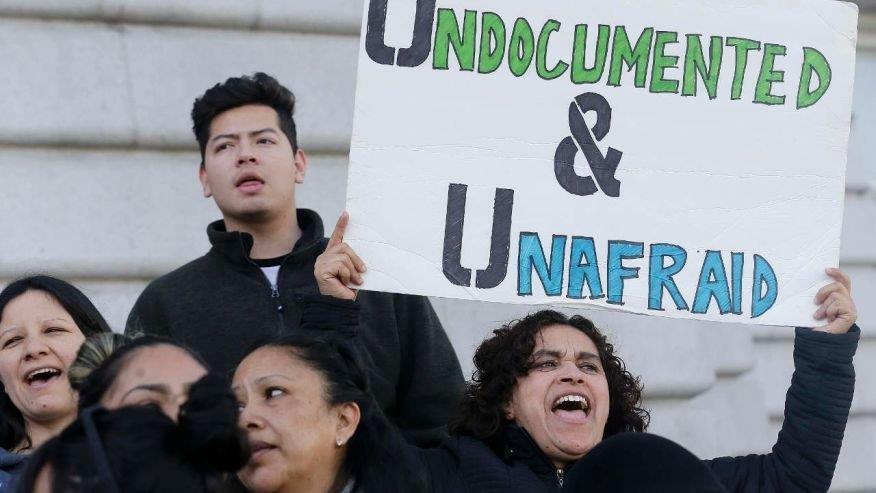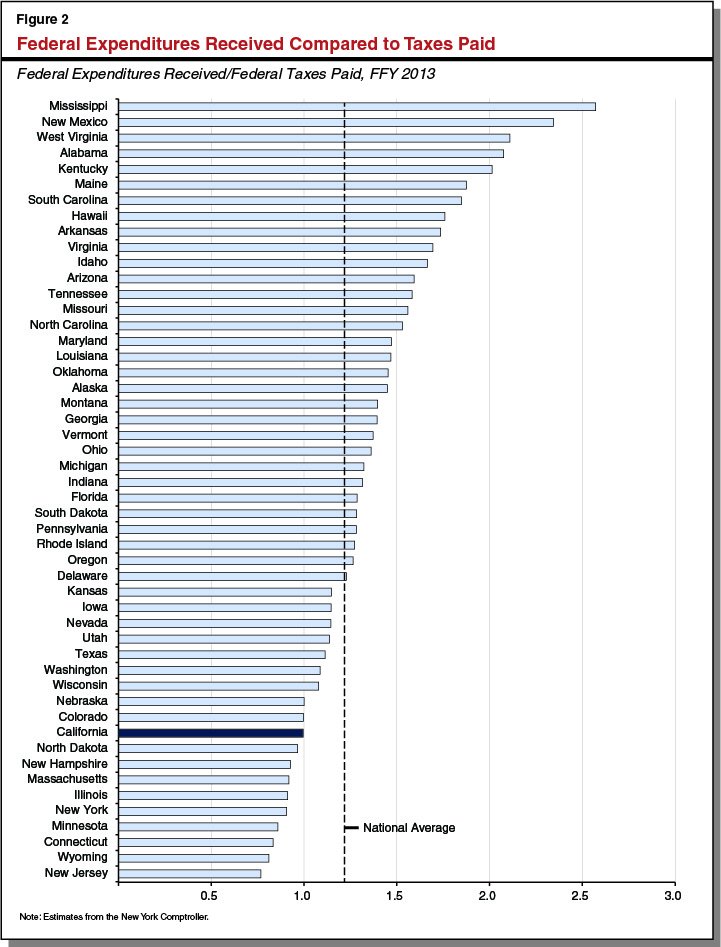So, here we go, yet another handful of days of scandal…sigh
From the Wall Street Journal:
Breitbart Owners Debate Ousting Bannon Amid Trump Feud
Former White House strategist’s longtime benefactors, billionaires Robert Mercer and his daughter Rebekah, are distancing themselves from him
Whew….okay so now what? Well after two cease and desist orders, that book ‘Fire and Fury’ hit the bookshelves early as the publisher dismissed the order.
So, what will Bannon do now? Will he stay at Breitbart, look for other benefactors and launch another similar political media operation?
Well, it seems Bannon has made some other interesting contacts with very deep pockets. Back in October of 2017, the Chinese fugitive tycoon Guo Wengui on Tuesday posted photographs on Twitter of himself meeting former White House chief strategist Steve Bannon twice in less than a week.
In the post, the billionaire businessman, who is wanted in China on corruption charges, said he first met Bannon for lunch in Washington on Thursday after attending an event at the National Press Club. The second meeting came on Tuesday, when Bannon and his team visited Guo’s home in New York for a 3½-hour dinner.
The post was accompanied by four photographs of the two men. It did not say what they talked about, but said Bannon had agreed for the images to be posted on the social media site. According to unnamed sources cited by the Financial Times last month, Wang and Bannon met for about 90 minutes at the party’s headquarters in Zhongnanhai. The report said Wang asked Bannon, who left U.S. President Donald Trump‘s administration in mid-August, about economic nationalism and populist movements – the subject of Bannon’s speech at an investor conference in Hong Kong in mid-September.
The Chinese government has made various attempts to discredit Guo, who is wanted in connection with several alleged crimes including bribery, fraud and rape. He is also the subject of an Interpol red notice that Beijing requested in April.
While speaking at the National Press Club event on Thursday, Guo said China had sent dozens of spies to the U.S., but his claims were later dismissed by the Chinese Ministry of Public Security.
As well as visiting China, Bannon last month travelled to the United Arab Emirates, where he met the crown prince of Abu Dhabi, Sheikh Mohammed bin Zayed Al Nahyan, The New York Times reported.
Chinese financial magazine Caixin reported in July that Guo had been introduced to bin Zayed in 2013, and that the prince had helped him to raise $3 billion for a fund jointly held by Guo and Abu Dhabi authorities. More here.
*** Could this bring a new headache for the Trump White House or throw more sand in the diplomatic gears between the United States and China?
Again back in October….
On Sunday, the Wall Street Journal published a gripping account of fugitive billionaire Guo Wengui’s time in the United States and efforts by Chinese security services to apprehend him. The story is well worth the read and sheds light on how agents with China’s Ministry of State Security (MSS) — the country’s foreign and domestic intelligence arm — attempted to retrieve Guo in New York City, where he currently resides. (Guo has lived outside China since 2015.)
Guo, who also goes by Miles Kwok, is something of a celebrity in the China-watching world for the spectacular allegations he’s gradually unveiled and levied against many in China’s top leadership. Even without verification or corroboration, Guo’s perception as a once-in-the-loop politico in China has won him many friends stateside. He claims to have worked closely with Chinese intelligence and to have intimate knowledge of the personal and financial dealings of the Chinese Communist Party’s top elites.
The Chinese government’s heavy-handed attempts to censor him thrust him into prominence. Earlier this year, an hours-long Voice of America interview with Guo was cut short, reportedly after receiving a request from the Chinese foreign ministry. Since that interview, Voice of America clarified that it had not verified several claims Guo made and it did not endorse them. Guo had alleged, among other things, that Wang Qishan, China’s powerful anti-corruption czar, had taken a large interest in HNA Group, a powerful conglomerate. That claim resulted in a defamation suit against Guo by HNA Group.
Many of Guo’s claims have been impossible to verify via open sources, but he remains widely popular because there is enough of a degree of plausibility to many of his allegations to keep observers interested. Moreover, the Chinese government hasn’t simply written off Guo as a disgruntled billionaire with a score to settle. The concerted effort to retrieve and silence him lends credence to the idea that at least some of what Guo either knows or has already revealed has deeply irked China’s leadership. (Indeed, even if everything Guo was alleging was false, the Chinese Communist Party would hardly have wanted these rumors emerging just months before the soon-to-conclude 19th Party Congress.)
What’s so remarkable about the Journal‘s story is the detail it provides on the MSS’ efforts within the United States to contact Guo and the U.S. response. The latter is in some ways the more interesting component of the story. While President Donald Trump appeared positively disposed toward the Chinese government and was eager to help China out by deporting Guo — the U.S. and China don’t have an extradition treaty — his staff tried to stay his hand by pointing out that Guo belonged to Trump’s Mar-a-Lago club!
What’s more, the Guo story contains all the hallmarks of a tough interagency problem. The Journal outlines the tug-of-war between the State Department and the Federal Bureau of Investigation on the matter of the MSS agents who had been operating outside of the confines of their visa in the United States. State, unsurprisingly, preferred to take a softer approach to avoid kicking up a diplomatic hornet’s nest at a time when the United States is seeking Chinese cooperation on issues ranging from North Korea to trade policy.
What’s clear for now is that the Guo Wengui saga is far from over. Indeed, following the conclusion of the 19th Party Congress and Trump’s upcoming trip to China, he could turn into a more serious flashpoint in U.S.-China ties. In the meantime, Guo has started associating with ardent anti-China voices in the United States, including former White House Chief Strategist Steve Bannon. By all appearances, Guo’s role in the story of U.S.-China relations in the Trump era may have just begun. Hat-tip






